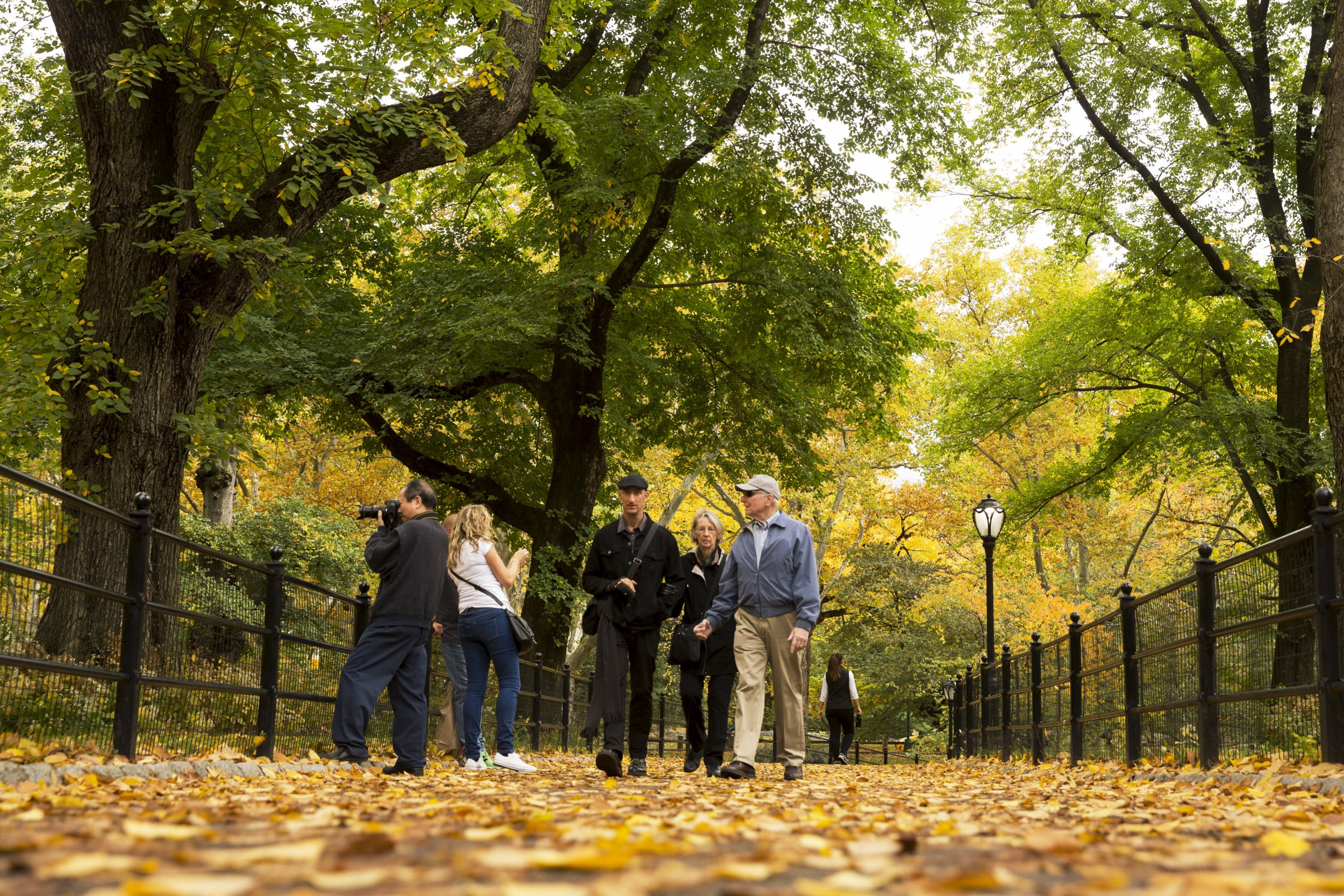
A wealth of research shows that just being in nature, even a city park, can make us feel better, both psychologically and physically. Such contact with nature can improve mood, reduce pain and anxiety, and even help sick or injured people heal faster.
But what effect does it have on groups of people and society at large? New research suggests that nature can actually improve the degree to which people feel connected to and act favorably toward others, specifically their neighbors, says Netta Weinstein, a senior psychology lecturer at Cardiff University in Wales.
Weinstein and colleagues conducted a large and wide-ranging study of 2,079 participants from throughout the United Kingdom. They asked each person a bunch of questions, such as how much time they spend in nature and how many parks and how much vegetation is found in their neighborhoods. They also queried them about how much they cared about and felt connected to their neighbors. The researchers also looked at each person's socio-economic status, the crime rate in the area, and other measures.
The study, published November 25 in the journal Bioscience, found that contact with nature accounted for a small, but significant increase in the degree to which people felt socially connected. Experience in nature was also tied to a reduction in local crime rates.
Weinstein explains that contact with nature accounts for five percent of the variance, or variation, in crimes rates between areas. That's a significant amount, considering that previous research has shown that socio-economic deprivation (which is basically a fancy way of saying poverty) also accounts for five percent of the variance in crime rates.
And the benefits of nature apply to rich and poor alike. The effect of nature on social cohesion held regardless of a neighborhood's or a person's socio-economic status, Weinstein says.
As to why exactly this may be true, the researchers don't know, but they have a few guesses. One idea is that exploring and experiencing nature gives us a "greater sense of relatedness and connectedness…to the world around us," and the more of that we get, the more "we seek connection with other people," Weinstein says. Another idea the researchers have floated is that going outside leads to more interaction with and connection to neighbors who are also enjoying the outdoors.
Weinstein hopes the results of the study will influence future urban planning, and encourage field trips and other excursions into nature by school groups, especially for youth in densely urban areas.
Uncommon Knowledge
Newsweek is committed to challenging conventional wisdom and finding connections in the search for common ground.
Newsweek is committed to challenging conventional wisdom and finding connections in the search for common ground.
About the writer
Douglas Main is a journalist who lives in New York City and whose writing has appeared in the New York ... Read more
To read how Newsweek uses AI as a newsroom tool, Click here.








